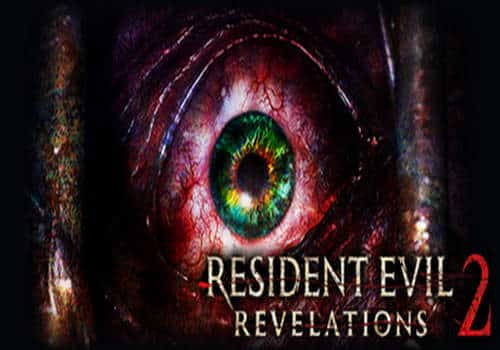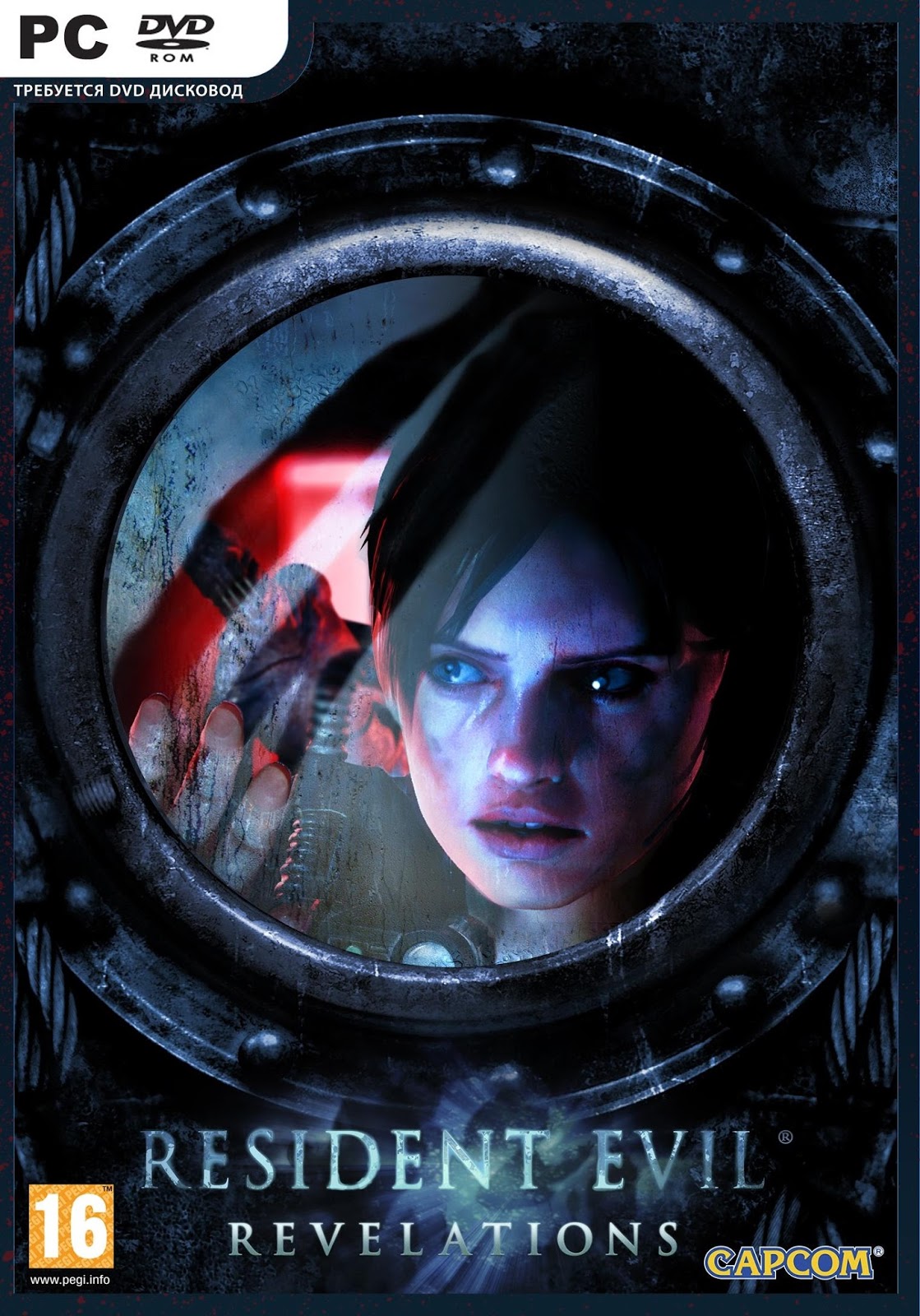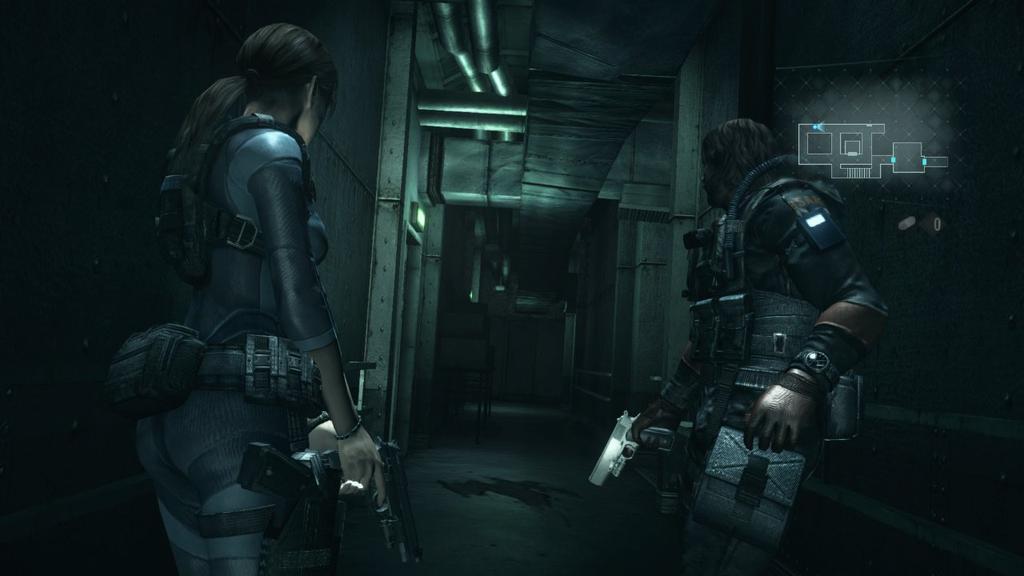


Despite this, the enemy design just falls incredibly flat. As I eluded to earlier, the ability to aim and reload and move at the same time is a great step towards modernising the gameplay. The most disappointing aspect of Revelations is how the moment-to-moment gameplay pans out, specifically with the combat. The argument to say that Resident Evil Revelations is a step closer to the franchise roots completely belies the idea of what Resident Evil ever was. Most of the scenarios you encounter in Revelations are either arena based encounters or mindless wandering with little to do beyond getting from point A to point B. There is a narrative throughout the community that Revelations represents a step closer to the franchises horror roots, but I beg to differ. I use the term lightly, as the puzzles are far from anything you’d find in older games – rarely boiling down to anything beyond “bring the key to its door” or “press some buttons to light up a panel”. When you’re not shooting up a boat or a corporate centre or some other exotic locale, you’ll be solving puzzles. Yes, you can move and shoot, which is still something I’m convinced most newer fans of the franchise take for granted. Resident Evil Revelations plays like a typical Resident Evil game, though has all the cool bells and whistles of more modern titles.

It doesn’t help that the supporting cast is only memorable because of how ridiculous they are too. The story itself is serviceable, though more than often dives into the borderline sci-fi nonsense you’d find in the film franchise rather than the games themselves. You’ll jump between multiple time periods as you uncover what is ostensibly the story of Il Veltro both past and present. This isn’t the first time they’ve caused terror either, as Il Veltro are the group responsible for destroying a man-made city called Terragrigia. They’re both investigating leads on Il Veltro, a terrorist organisation who has developed a new virus called t-Abyss. Resident Evil Revelations takes place between Resident Evil 4 and 5, following series regulars Chris Redfield and Jill Valentine. The release of the Switch version is the third time I’ve reviewed Revelations and they say that the third time’s a charm, right? Caused in part by a shift in my own tastes and the release of a far superior sequel, I don’t like Revelations as much as I did when I first played it five years ago.

At first, I loved Revelations for what it seemed to do, but as time has gone by I’ve kind of soured on the title a bit. Without it, I probably would still be totally high on Resident Evil Revelations, one of the first games to allegedly bridge the gap between the action and horror styles of play that the series has split itself between in the past years.


 0 kommentar(er)
0 kommentar(er)
